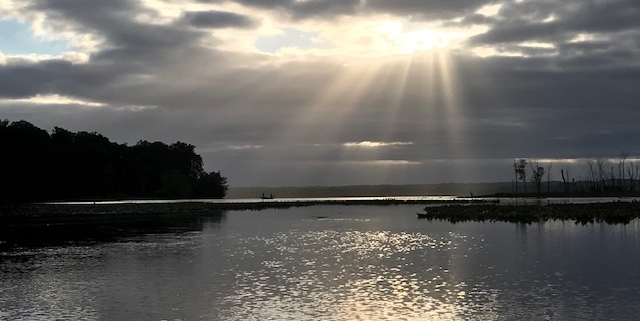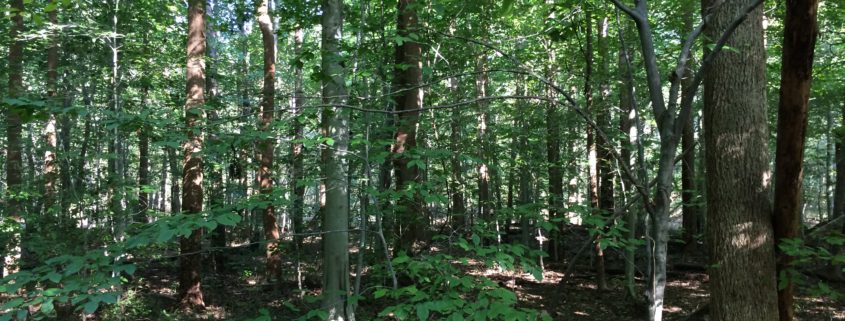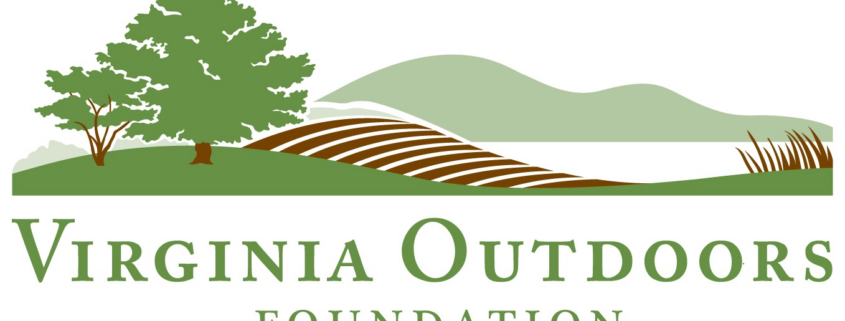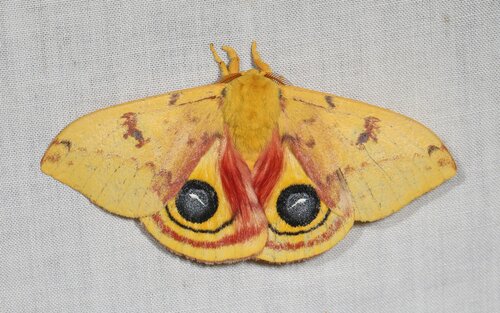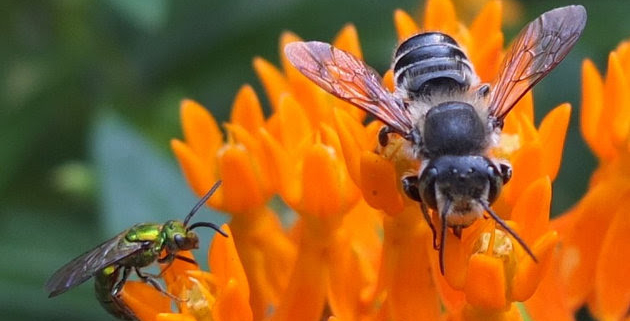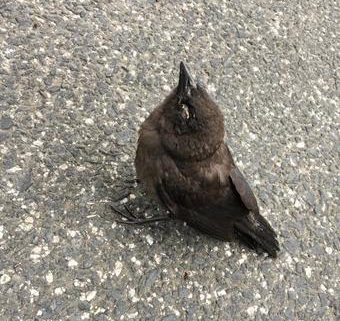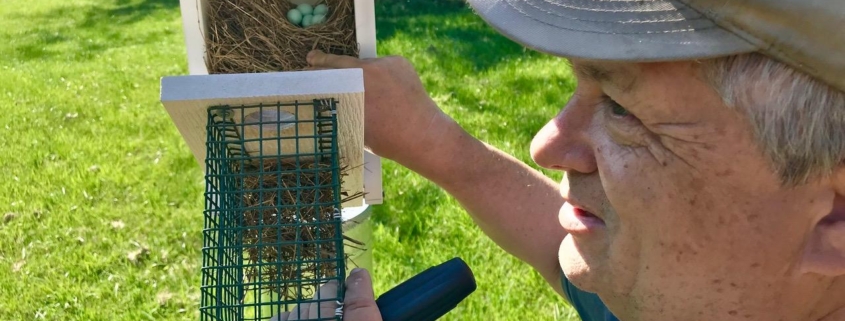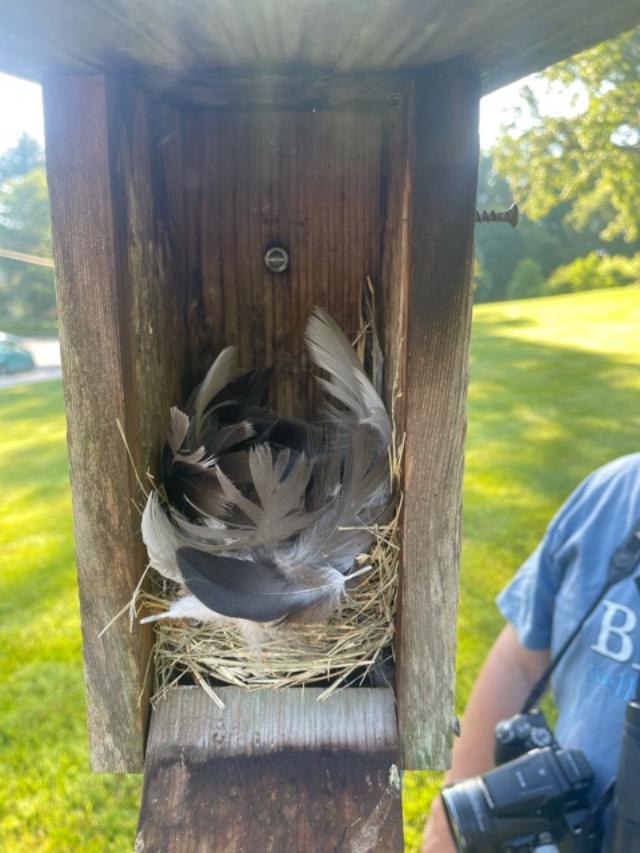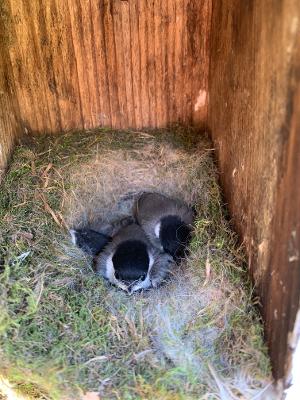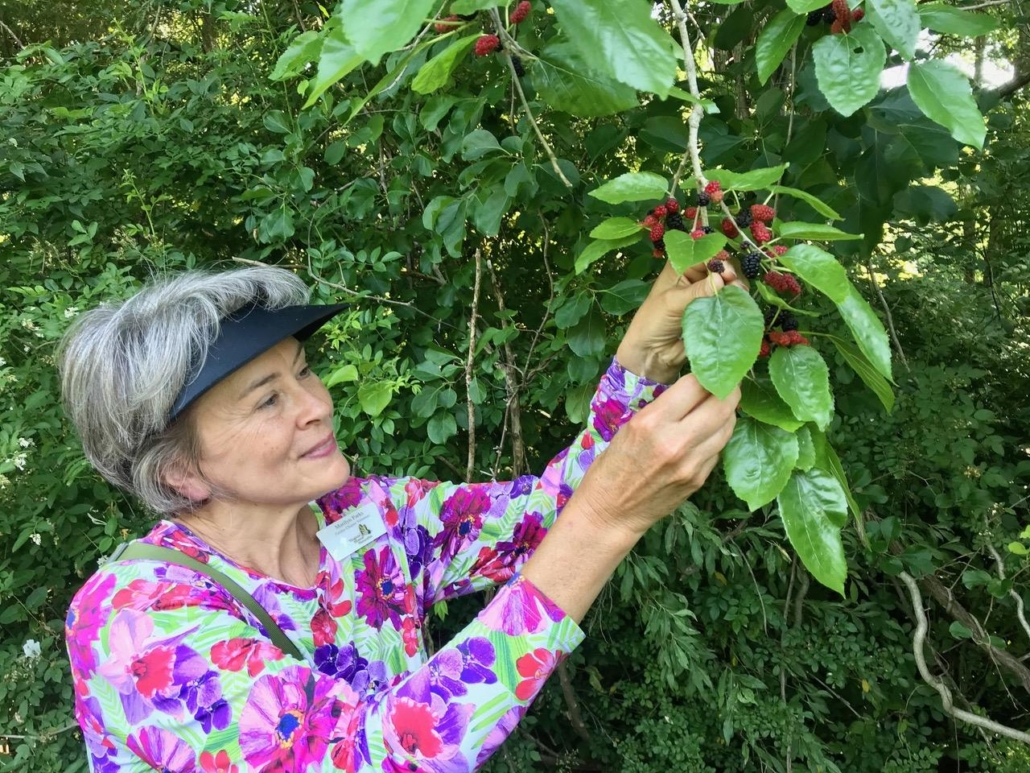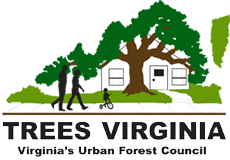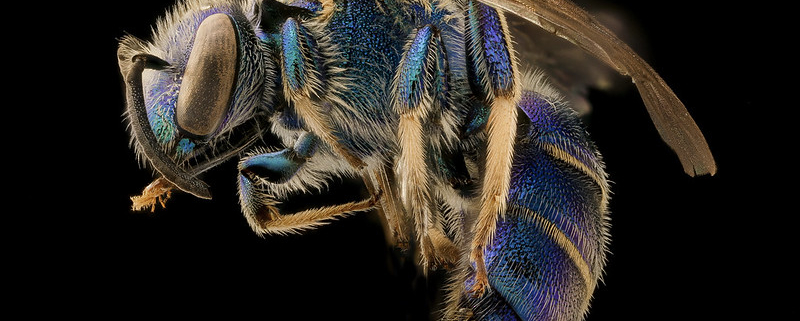This Little Light …
Photo: Jerry Nissley
Cicadas have come and gone. The only visible remnant being dead-headed branches that result from flagging (laying eggs), in preparation for their legacy, the next generation of brood X. Invisible to us are the nutrients provided by countless insects as they drop and cycle into the earth. That was, of course, a tiny singular cycle within Nature’s big cycle.
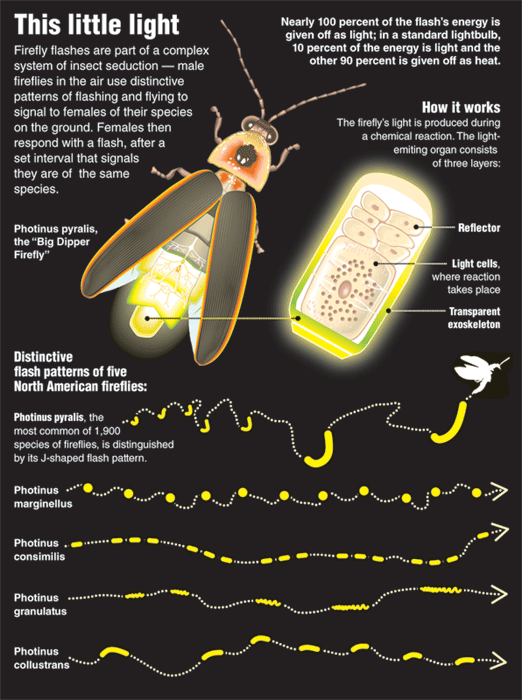
The concept of singular cycles within the ‘big one’ struck me the other night as dusk creeped in on an evening silenced by a lack of humming cicadas. When what did appear? The next singular cycle; there always seems to be a next singularity. Perhaps more noticeable because the audial chaos of cicadas was now replaced with the visual peacefulness of – lightning bugs.
As shown in the lightning bug chart there are several significant species in our yards. The most common is Photinus pyralis with its familiar ‘J’ stroke flash. These fanciful little creatures light up an evening with joy – they bring a smile to my face when I notice the first blink of each evening. I love to hear the glee of my grandchildren chase down a few for further inspection. They never fail to please.
So it goes. Cycle after cycle. Cycle within cycle. Here for a season. Here for a reason. Appearing with determination to make a complex difference for a season and more importantly to prepare a legacy. Perhaps appearing for simple reasons, to bring joy into our world as a respite from the chaos.
A tiny lightning bug appeared to me in the dim of my rec-room the other evening. I thought, now there is one beautiful, exemplary individual – here for its season and for all the right reasons. I smiled, for Marilyn.
In memoriam: Marilyn Kupetz June 14, 1956 – June 12, 2021


